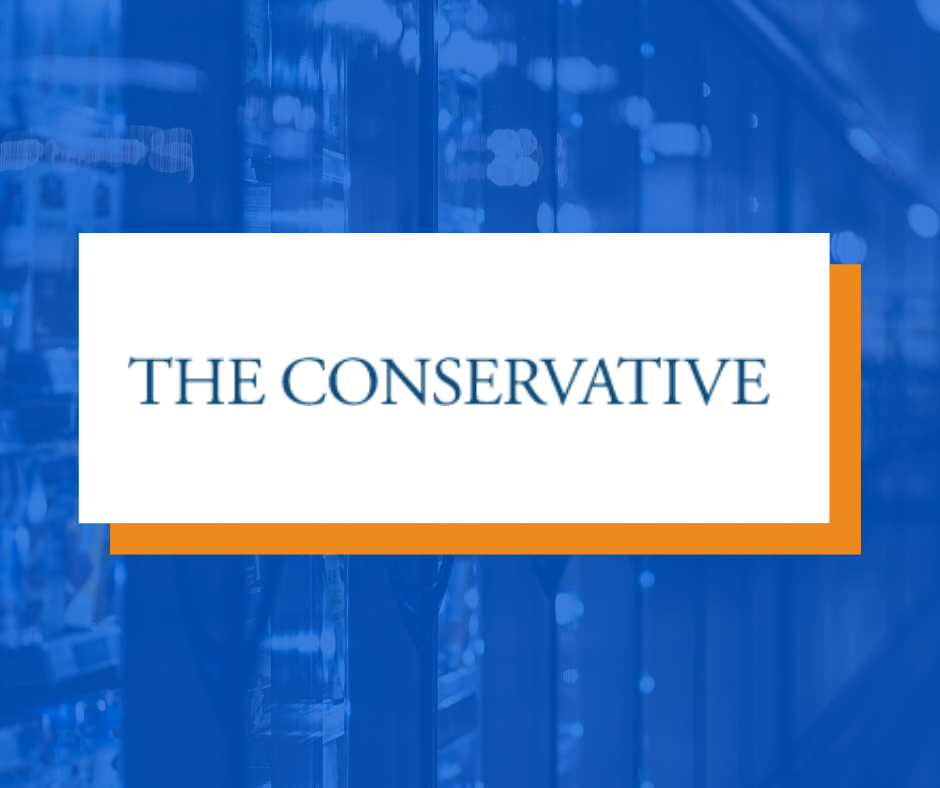Trade is not a zero-sum game.
During his speech to the French on 14 June, President Emmanuel Macron outlined a recovery plan based, in part, on economic sovereignty on a national scale: “We must create new jobs by investing in our technological, digital, industrial and agricultural independence” he declared.
The French President’s protectionist turn is surprising. Opposed to Marine Le Pen in the second round of the 2017 presidential elections, Emmanuel Macron ran as the open society candidate. Here he is now defending protectionism! He made fun of trumpet populism, and now he promises to bring jobs home! But the most surprising thing is that he does not limit himself to advocating European sovereignty – as he has already done on several occasions – but national sovereignty, disregarding the principles governing the single market.
This “reinvention” is, unfortunately, not an innovation. On the contrary, Emmanuel Macron is resurrecting the old Ancien Régime fallacy according to which a nation’s wealth is not measured by the number of real goods and services at its disposal but by the amount of gold in its coffers. An ideology championed by Jean-Baptiste Colbert, a minister under Louis XIV. “This country does not only flourish in itself, but also by the punishment it knows how to inflict on neighbouring nations”, such was his philosophy. But if Colbert is remembered as the Minister who was at the origin of the “greatness of France”, it is because history is more interested in the rich and powerful than in the little people. On the surface, France may have shone in Europe, but in reality France was “nothing more than a large and desolate hospital”, as Fénelon testified in a letter to King Louis XIV in 1694.
Behind the mercantilist ideology, such as the one Emmanuel Macron was inspired by when he spoke of a revival based on sovereignism, lies a misconception: that trade is a zero-sum game. But as the classical authors have subsequently shown, trade, by definition, is a positive-sum game. Forcing consumers to buy domestic goods rather than the imported goods they desire is not in their interest and, by extension, not in the interest of the nation. As Paul Krugman points out in a 1993 article, “What a country gets from trade is the ability to import the things it wants. France is therefore going to invest massively in certain technologies to “gain its sovereignty” when it could benefit from the experience and competence of its neighbours. An excellent way of wasting precious resources.
Emmanuel Macron also said that the advantage of relocation was the creation of “new jobs”, but at what price? Examples of the economic war between China and the United States show the shortcomings of such a policy. A study by the American Enterprise Institute (AEI), for example, showed that the cost of the Chinese tyre tax set by the Obama administration was $900,000 per job. Moreover, since this $900,000 could have been spent elsewhere, the increase in tyres’ price has led to a drop in demand for other goods. Thus, the AEI estimates that the preservation of a single job in the tyre industry would have actually cost 3,700 jobs in other sectors. This phenomenon is not exceptional, examples abound. Another is the steel tariffs imposed by the Bush administration: while they have saved 3,500 steel jobs, economists estimate that these tariffs have led to the loss of between 12,000 and 43,000 jobs in steel-dependent industries! Krugman’s lesson still holds today: “Government support for an industry can help that industry to compete with foreign competition, but it also diverts resources from other domestic industries.
These examples clearly show that the economy is too complicated for a President of the Republic, to hope to administer it. The idea that an acceptable recovery policy would reduce unemployment is a pipe dream: it is entrepreneurs who create jobs, not bureaucrats. Outside of the crisis, about 10,000 jobs are created every day in a French economy that employs a total of about twenty-five million workers. Who can claim to be the direct source of so many jobs? At best, Emmanuel Macron may manage to create a few thousand jobs in the handful of sectors he has arbitrarily designated. Still, it will be to the detriment of tens of thousands of jobs which will disappear as a result.
Of course, what applies to France also applies to Europe: sovereignty is only legitimate when it is applied on a single scale, that of the consumer.
Originally published here.



